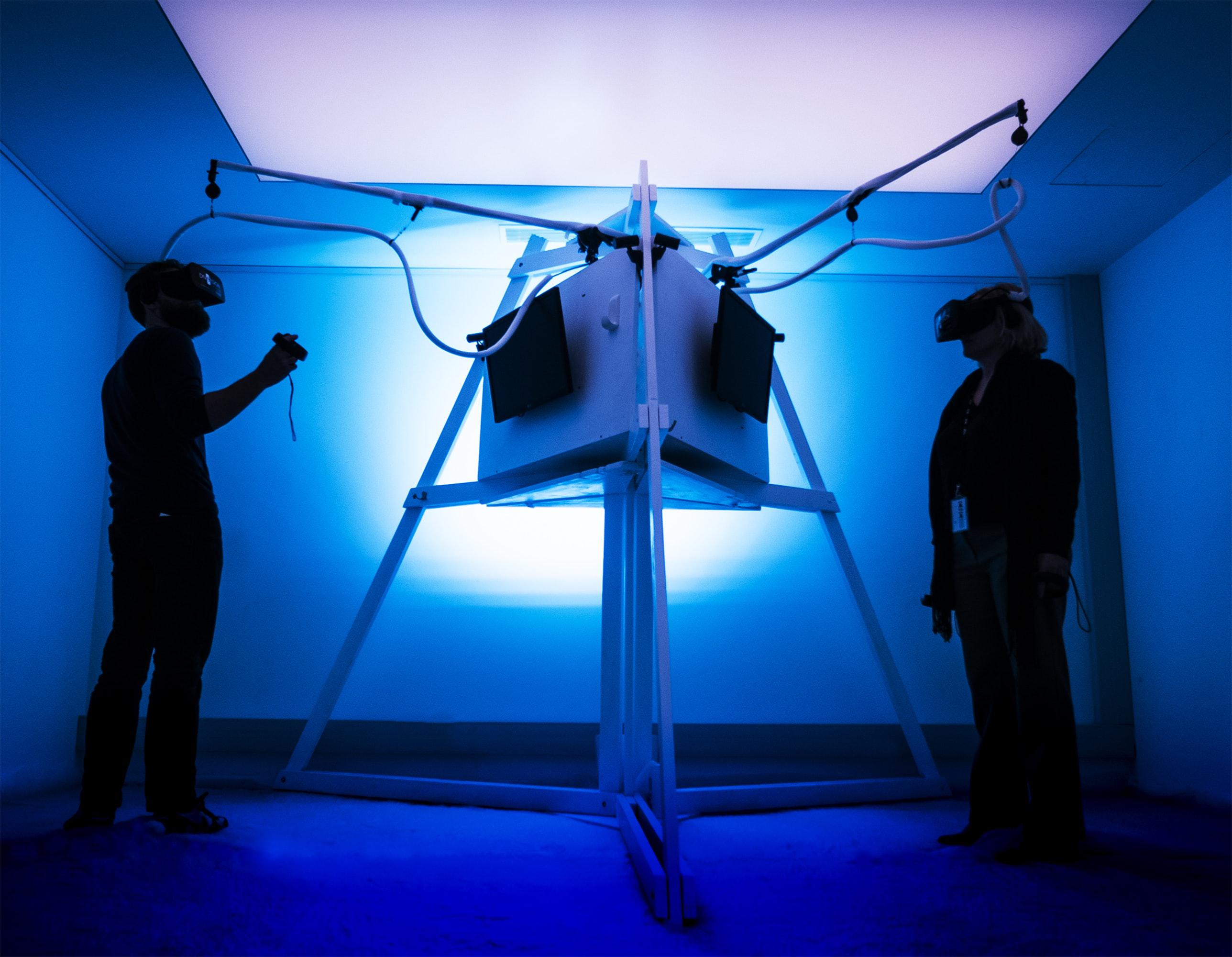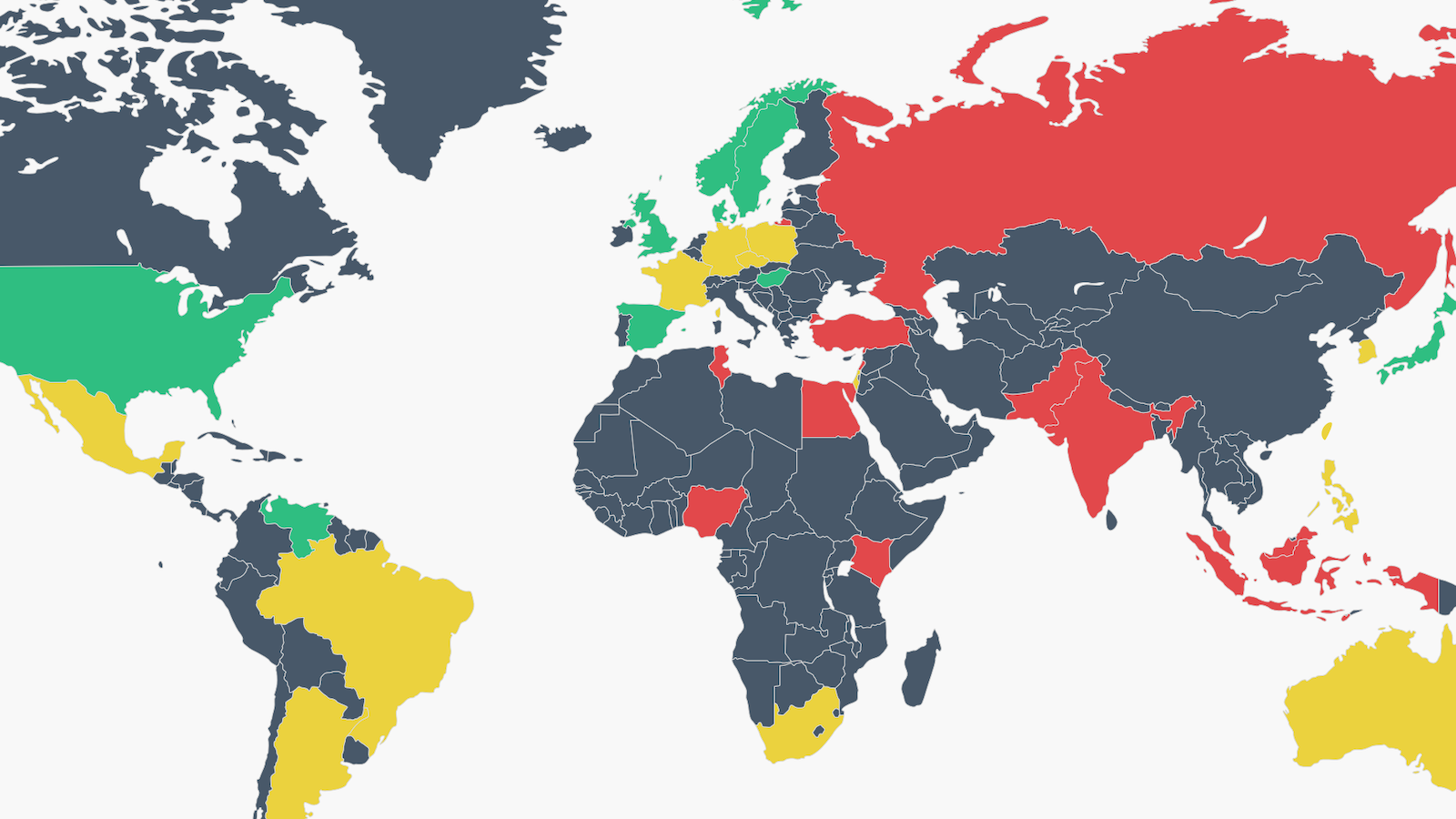It’s no coincidence, says Wesley Lowery, that freedom of the press was one of the first things that the U.S. founders enshrined in the Constitution. It was people of that time’s ability to report on and openly discuss their situation that sparked the revolution. It became clear then that a free press is the ultimate safeguard for democracy.
So what happens when that press is undermined? The 2016 election was unprecedented in its bending of the truth. The emphasis on fact-checking during the debates, the clear Twitter evidence and past-interview quotes that were exhibited but still denied, and the disregard for accountability of past actions came into direct conflict with what is known to be the truth. The media was delegitimized in a very public way – there are big ramifications to that, says Lowery. He fears we are entering a post-truth age, where fact is no longer objective – one where elected officials can point-blank say their bill will do something it definitely won’t, or deny something they are on record saying. The media becomes the villain in the wake of this, accused of bias – a big enough distraction for some to let the official shimmy away without repercussion.
Lowery has first-hand experience in the villainizing of the media – he was one of three journalists arrested in 2014 while covering the Ferguson protests. What the Black Lives Matter movement brings to light for him, besides the core message, is that here is a case of the media being held accountable for the actions of others. “We love, as a society, as a culture, to attack messengers when the message is something that makes us feel uncomfortable,” says Lowery. “So reporters who reported on things like police shootings and race and justice became the targets because if only you could discredit them, if you could prove they had some vendetta or some bias that they were really just some liberal operative then you didn’t have to engage at all with what they were saying.”
When the public stops believing that reported journalism is the truth, learns to cry “bias” as a knee-jerk reaction to bad news, and is jockeyed into a habit of mistrust and ‘blaming the messenger’ by elected officials, it guillotines journalism as a democratic protector.
Lowery’s book is “They Can’t Kill Us All”: Ferguson, Baltimore, and a New Era in America’s Racial Justice Movement.
Wesley Lowery: I think that we’ve seen an unprecedented assault on our media. We’ve seen a deep villainization of our free press. And, in fact, a war on objectively true information that when something is reported that someone does not like you can just say it’s not true whether it is or not. You can try to undercut the messenger and talk about how these are just biased reporters, don’t listen to them. When, in fact, often these are fair reporters who’ve worked very hard to get things right. That has real ramifications. I mean we’re facing the prospect of living in a world that is post truth where there are no objective truths. Where you can tell me the sky is purple, the sky is green when in fact we’re looking at it and we see that it’s blue. That becomes very dangerous potentially for democracy, right. Because in a world in which the truth is unknowable how do we make governing decisions and then also how do we hold people accountable? How do we demand better of our elected officials if our elected official do not have to acknowledge reality at any point in time, right. They can just tell us that no, they did not say the thing they said. No this policy would not do the things we know it would do. I think that’s particularly dangerous and I think that it’s difficult.
I mean I don’t think that there’s any coincidence in the fact that our press freedoms are one of the first things that our founders enshrined in our constitution. I think there’s a reason for that because what they saw through their own experiences, their ability to tell the truth, their ability whether it be through the Penny Press or through spoken word was what sparked their revolution. And they knew that safeguarding that potential and those outlets where what would one day give the United States of America the capacity to deal with an existential threat. And I think that’s what we face now is the potential of having our press so undermined that it can no longer be a safeguard over democracy.
We’ve seen this going back several years. This idea that somehow the media must be held accountable instead of the elected officials being held accountable. We saw this in Ferguson. We saw, because we love as a society, as a culture to attack messengers when the message is something that makes us feel uncomfortable. So reporters who reported on things like police shootings and race and justice became the targets because if only you could discredit them, if you could prove they had some vendetta or some bias that they were really just some liberal operative then you didn’t have to engage at all with what they were saying. And so what we’ve seen is reporters being attacked personally whether it be through threats, whether it be through their addresses being published, whether it be through smear campaigns trying to undermine things. People not approaching their work or their correspondences in good faith. Again I think this is particularly dangerous because it allows this undermining of the norm of journalists by and large being good people trying to do good work, who get it right more often than they get it wrong. And that is the reality. But when the public stops believing that it’s the reality it raises real questions about our ability to do our job.






